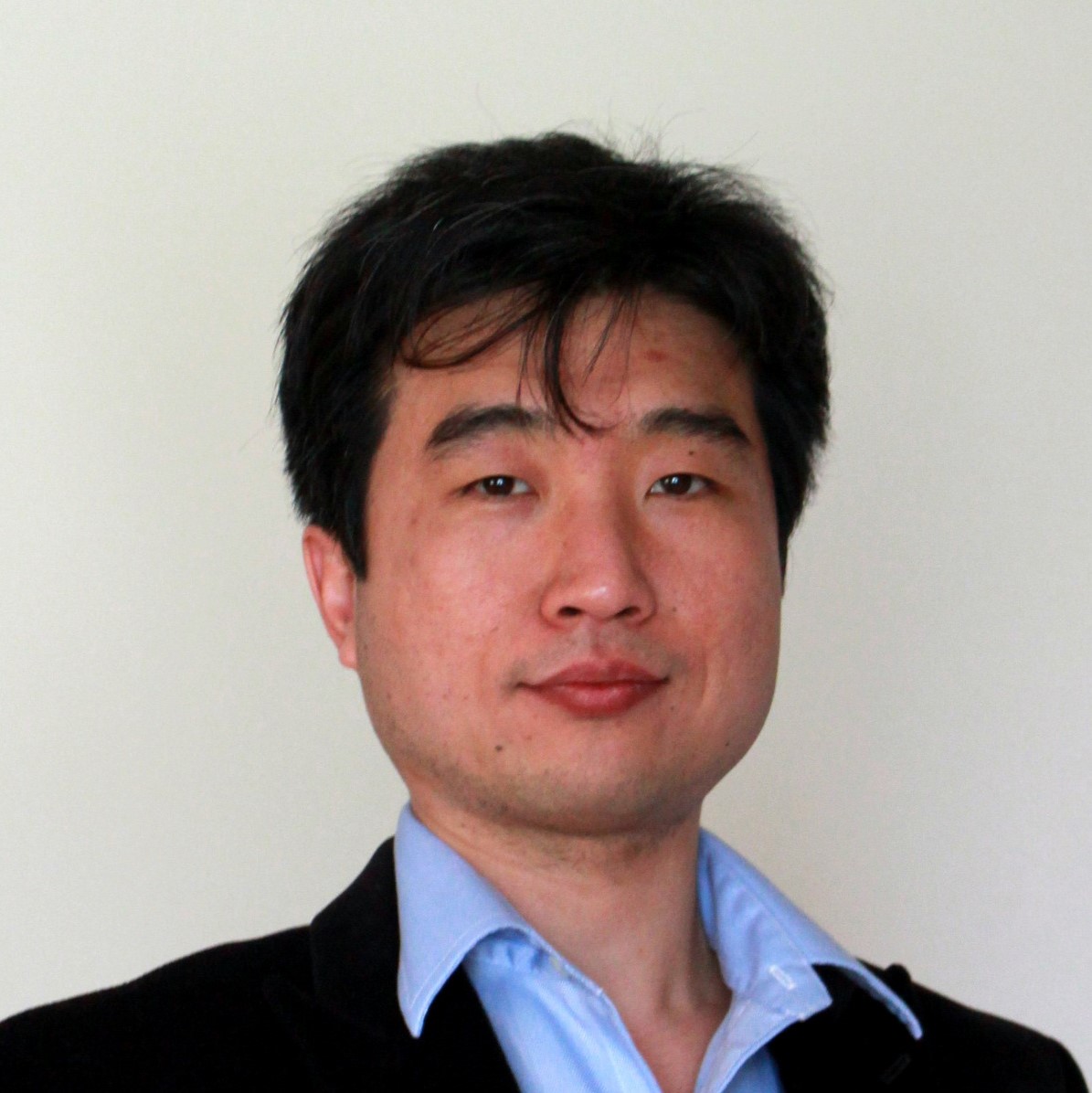Progress Towards Automated Human Factors Evaluation
The human factors evaluation of an interface is often done through user studies or by experts applying their professional judgements. In the research fields of cognitive modeling and human performance modeling, researchers have developed computational methods for modeling and predicting human performance, mental workload, and situation awareness. In this talk, Shi will introduce some of these methods, focusing on the cognitive architecture approach. Example application domains include human-computer interaction and driving.
Shi will also discuss the limitations and future research needs of automating human factors evaluations. While he does not think any software or algorithm can fully explain the variability and complexity of human behaviour, he does believe that modeling tools can enable the quantitative evaluation of human factors in industrial practice.
About Shi Cao
Assistant Professor in Systems Design Engineering at University of Waterloo

Artificial intelligence (AI) has been developed to work as fast as possible and as accurate as possible. But how about making an AI program slow and inaccurate as a human? Shi Cao’s research develops such programs for the simulation and prediction of human performance.
Shi Cao (note: pronounced like SHER TSAO) is an Assistant Professor with the Department of Systems Design Engineering, University of Waterloo. His major research area is human factors engineering. His research projects include human performance modeling, human-machine system reliability, and the applications of virtual and augmented reality. He has developed cognitive models and human performance simulation systems that can be used to model and predict human performance and other human factors constructs including mental workload and situation awareness. The goal is to support automated human factors testing of various human-machine/computer interfaces.
Shi Cao received his Ph.D. degree in industrial and operations engineering from University of Michigan, Ann Arbor, in 2013. Before that, he obtained his Bachelor and Master's degrees in Psychology from Zhejiang University, China. He is interested in studying both the human mind and computer algorithms, and human performance simulation brings both together. He also enjoys teaching courses at University of Waterloo, including Algorithms and Data Structures, Physics (Dynamics), Cognitive Ergonomics, and Human Factors Testing. In his leisure time, he likes to travel and watch sci-fi movies and anime, especially taking notes on unique designs of human-machine interfaces.